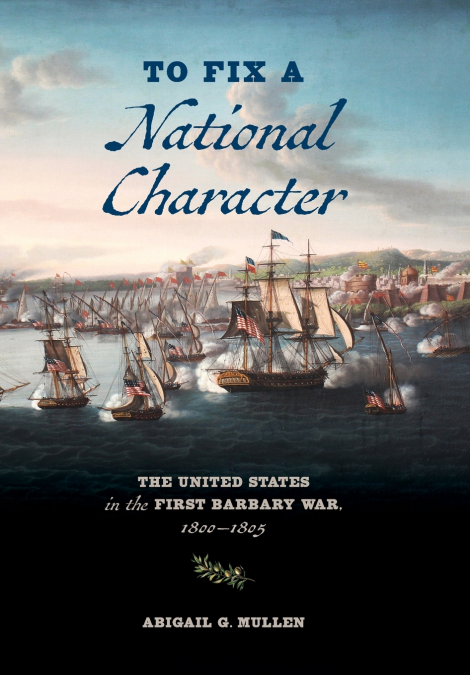
Abigail G Mullen
A new history of the First Barbary War, a conflict that helped plant the seeds for the United States’ ascent to a global superpower.After the American Revolution, maritime traders of the United States lost the protection of Britain’s navy, leading privateers from the Barbary States--Algiers, Tunis, Tripoli, and the Sultanate of Morocco--to prey on American shipping in the Mediterranean, kidnapping and enslaving American sailors. While most European countries made treaties to circumvent this predation, this option was fiscally untenable for the young nation, and on May 14, 1801, Tripoli declared war on the United States. In To Fix a National Character, Abigail G. Mullen argues that the First Barbary War represented much more than the military defeat of an irritating minor power. The United States sought a much more ambitious goal: entrance to the Mediterranean community, as well as respect and recognition as an equal member of the European Atlantic World. Without land bases in the region, good relations with European powers were critical to the United States’ success in the war. And because the federal government was barely involved in the distant conflict, this diplomacy fell to a series of consuls and commodores whose goals, as well as diplomatic skills, varied greatly. Drawing on naval records, consular documents, and personal correspondences, Mullen focuses on the early years of the war, when Americans began to build relationships with their Mediterranean counterparts. This nuanced political and diplomatic history demonstrates that these connections represented the turning point of the war, rather than any individual battles. Though the war officially ended in 1805, whether the United States truly 'won' the war is debatable: European nations continued to regard the United States as a lesser nation, and the Barbary states continued their demands for at least another decade.